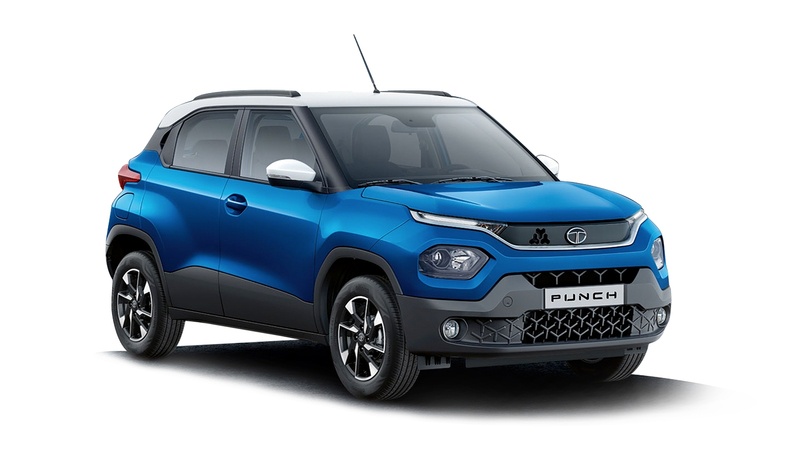Every car owner in India is mandated to purchase a car insurance policy which could be comprehensive insurance or a third-party insurance plan. The law compels all road users to insure their vehicles. This guide will explain the two main types of vehicle insurance in India. We also highlight those factors you should seriously consider before purchasing any insurance policies.
Types of vehicle insurance plans in India
There are two types of vehicle insurance plans in India that you can purchase. These motor insurance plans include:
- Liability-only Motor Insurance Policy: This policy is mandatory for all vehicle owners. Also, this motor insurance plan provides you with coverage from legal liabilities arising from third-party death, injury, or property damage. However, this policy does not cover damages to personal vehicles.
- Comprehensive Vehicle Insurance: With this plan, you are covered for damages to your vehicle caused by unfortunate events, such as vandalism, riots, floods, typhoons, lightning strikes, earthquakes, landslides, etc. Comprehensive vehicle insurance also provides you with coverage on third-party liability.
While a liability-only car insurance policy is the barest minimum requirement for all vehicle owners in India, buying a comprehensive motor insurance plan is preferable if you want full coverage on personal and third-party liability.
Difference between the liability-only and comprehensive motor insurance
Due to the low cost associated with liability-only motor insurance, most vehicle owners in India seem quick to purchase this type of insurance plan. However, they soon realise how inadequate it is in terms of its scope of coverage when they encounter an unfortunate event. Here are scenarios that should get you thinking:
- Scenario 1: Arif has liability-only insurance for his car, which he parks legally outside a fast-food restaurant. He comes out of the restaurant to find his driver's side mirror broken and the side door keyed. He is charged a lot of money by a local mechanic, money he cannot afford at the moment.
- Scenario 2: Amit buys a comprehensive insurance plan for his new Mercedes Benz. He has had a long day, and his concentration is slightly off. He fails to anticipate a vehicle with a right of way coming in and smashes his car into the side of the car. His insurer takes care of the damage to the third-party vehicle.
In these two scenarios, you can see that in the first, Arif was not at fault, yet he has no claim on his motor insurance plan and has to pay for any repairs to his damaged vehicle. On the other hand, Amit was at fault for the damage to the car of a third party, but because he has a comprehensive motor insurance plan, his insurer takes care of the cost of repair to the vehicle of the third party without any out-of-pocket expense.
Parameters to consider before purchasing motor insurance
Before buying any motor insurance plan, you need to consider the following factors. Comprehensive vehicle insurance provides you with the necessary convenience in the following areas:
#1. Commuting: Imagine your car being repaired in a cashless garage, and you need to get to work. Your insurer should be able to provide you with money to cater for your commute via another mode of transport.
#2. Replacement of misplaced Key: If you have misplaced your car keys or if it is stolen, your insurer should be able to cover the cost of replacing the stolen or misplaced car keys.
#3. Accommodation: Your insurer should be more than willing to pay for your stay at a hotel if your vehicle suddenly develops a fault, making it impossible for you to drive home.
#4. No Claim Bonus (NCB): The NCB is given to policyholders if claims are not filed during the tenure of the insurance plan. Your insurer should spell out the terms for the NCB, and you should be able to claim this bonus when due seamlessly.
#5. Zero Depreciation deduction on Cost of Replacement Parts: When making claims with your insurer, you should be able to receive the total value of the cost of replacement parts for your vehicle without a depreciation deduction on the cost of the old parts.
Read More:- Is a Car Insurance stored in digilocker considered a valid document?
What is usually not covered in a comprehensive vehicle insurance plan?
While a comprehensive motor insurance plan has an extensive range of coverage, some circumstances are still not covered under the policy.
Here are some of those situations and events that insurers typically do not cover:
- Damage (to a personal vehicle or third party) instigated by a policyholder driving while intoxicated by drugs or alcohol.
- Damage (to a personal vehicle or third party) caused by the policyholder without a valid driver's license.
- The normal depreciation of the tubes and tyres of vehicles is not covered under the plan.
- The policy does not cover electrical or technical issues rendering your vehicle immobile.
- There is no cover in the event of a comprehensive dip in the value of your vehicle.
In Conclusion
A comprehensive car insurance policy offers far greater coverage than a third-party insurance plan. However, the former requires somewhat expensive premium payments to keep the plan active. But in the long run, a comprehensive motor insurance plan will save you lots of out-of-pocket expenses making life a bit more convenient.


No comments yet